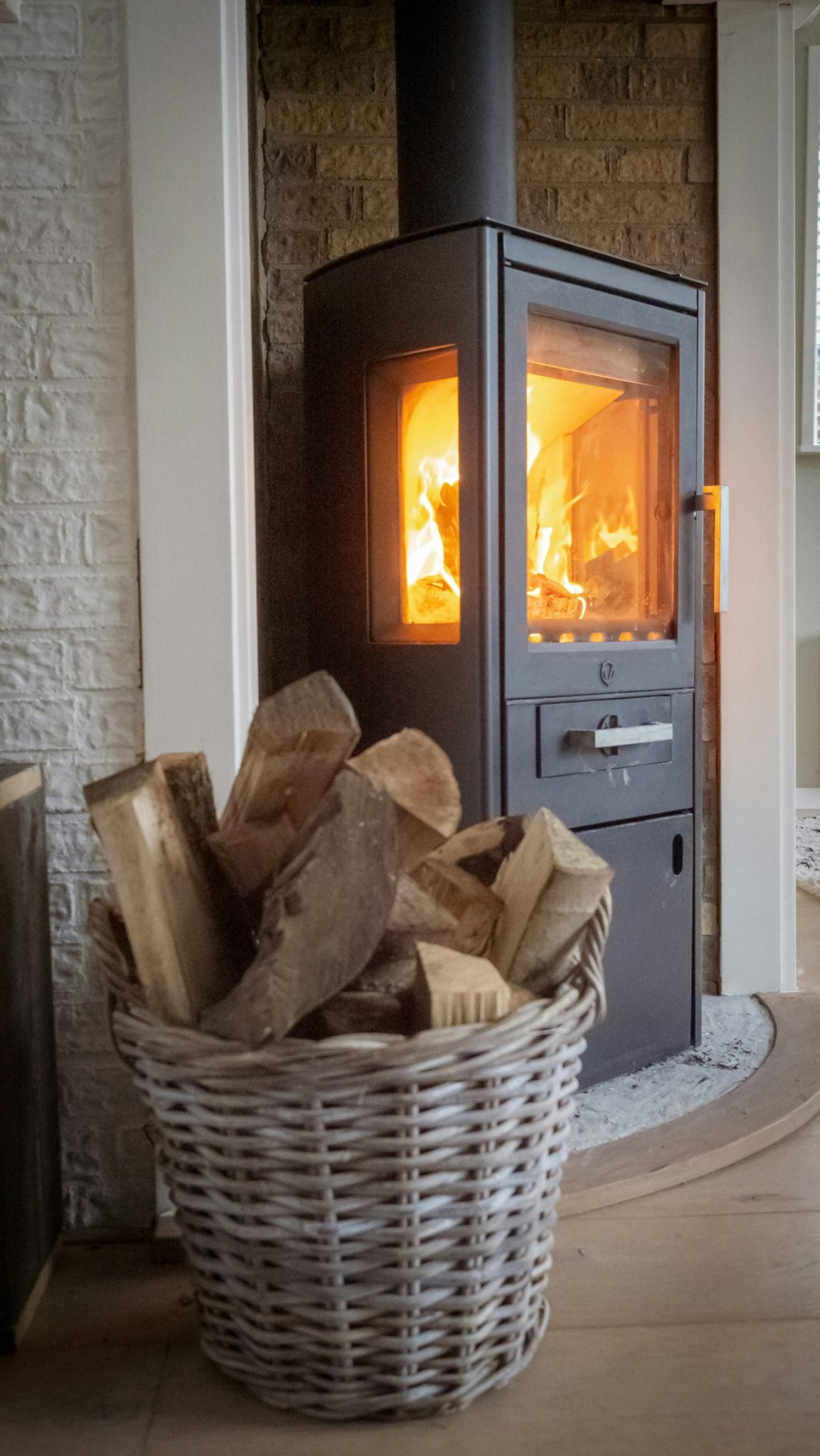Upcoming Council Meetings – April/May 2024
| Council Meeting | Thursday 18 April, 1pm |
| Risk and Assurance Committee | Thursday 9 May, 1pm |
| Annual Plan Hearing | Wednesday 15 May, 9am |
| Council Meeting | Thursday23 May 1pm |
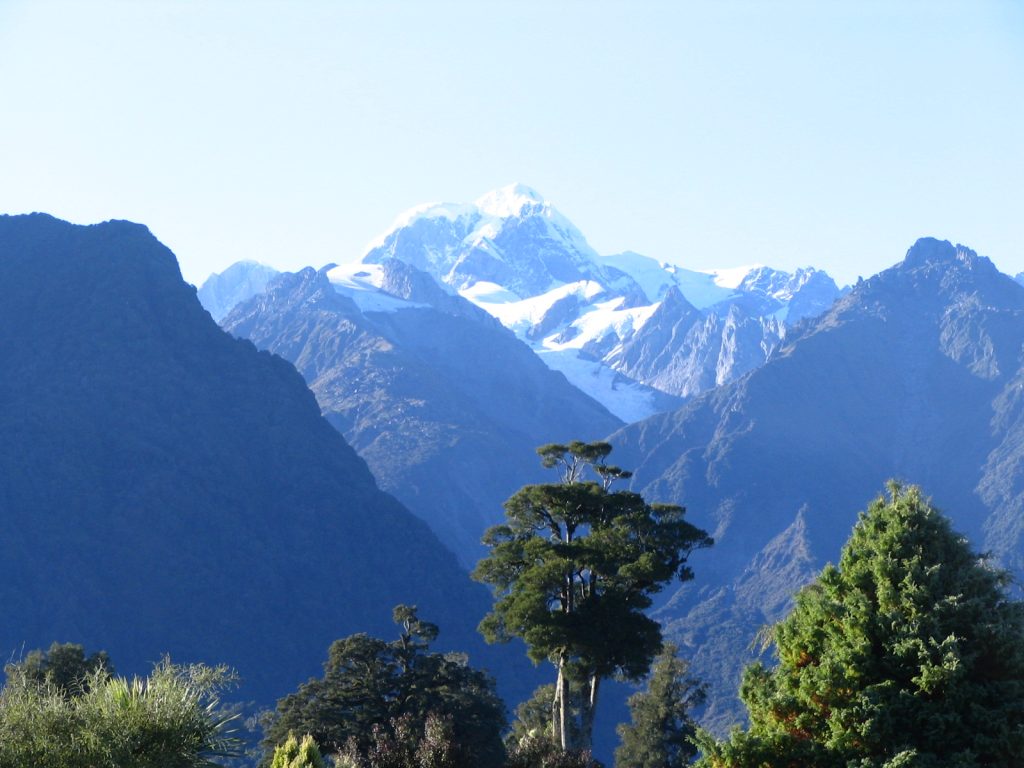
| Council Meeting | Thursday 18 April, 1pm |
| Risk and Assurance Committee | Thursday 9 May, 1pm |
| Annual Plan Hearing | Wednesday 15 May, 9am |
| Council Meeting | Thursday23 May 1pm |

Our draft Annual Plan is out for consultation, and we want to hear from the community.
Proposed amendments in this year’s plan cover a wide range of topics that Council has been considering over the past year. We would like to hear from the community about what they think of Council’s plans for our headquarters and how much road maintenance they think we should be doing. Some of the topics only affect specific communities within the district, with Council seeking opinions on the future of the Ross Swimming Pool Structure, funding for community development in the Franz Josef and Fox Glacier communities and the Hokitika Area Promotions rate, all of which are funded by these communities through targeted rates.
Mayor Helen Lash wants the community to know, “We want to hear from you all! A Council can only make the best decisions when we hear from you, the community; and although we get to talk to many of you, it isn’t all of you.”
Visit our website to make your submission and be part of the process.
Work on the Cass Square playground is going well, but unfortunately the completion has been delayed.
Jan Visser Facilities and Property Manager advises that, “Creo Ltd have experienced some delays with the construction due to the rain event, and some unforeseen circumstances for their personnel. They have provided an updated project completion programme and work will be finished by the end of May.”
In the meantime, Council staff are busy planning a grand opening event with local iwi and community groups to open the playground to the public in style.
Photos – Westland District Council
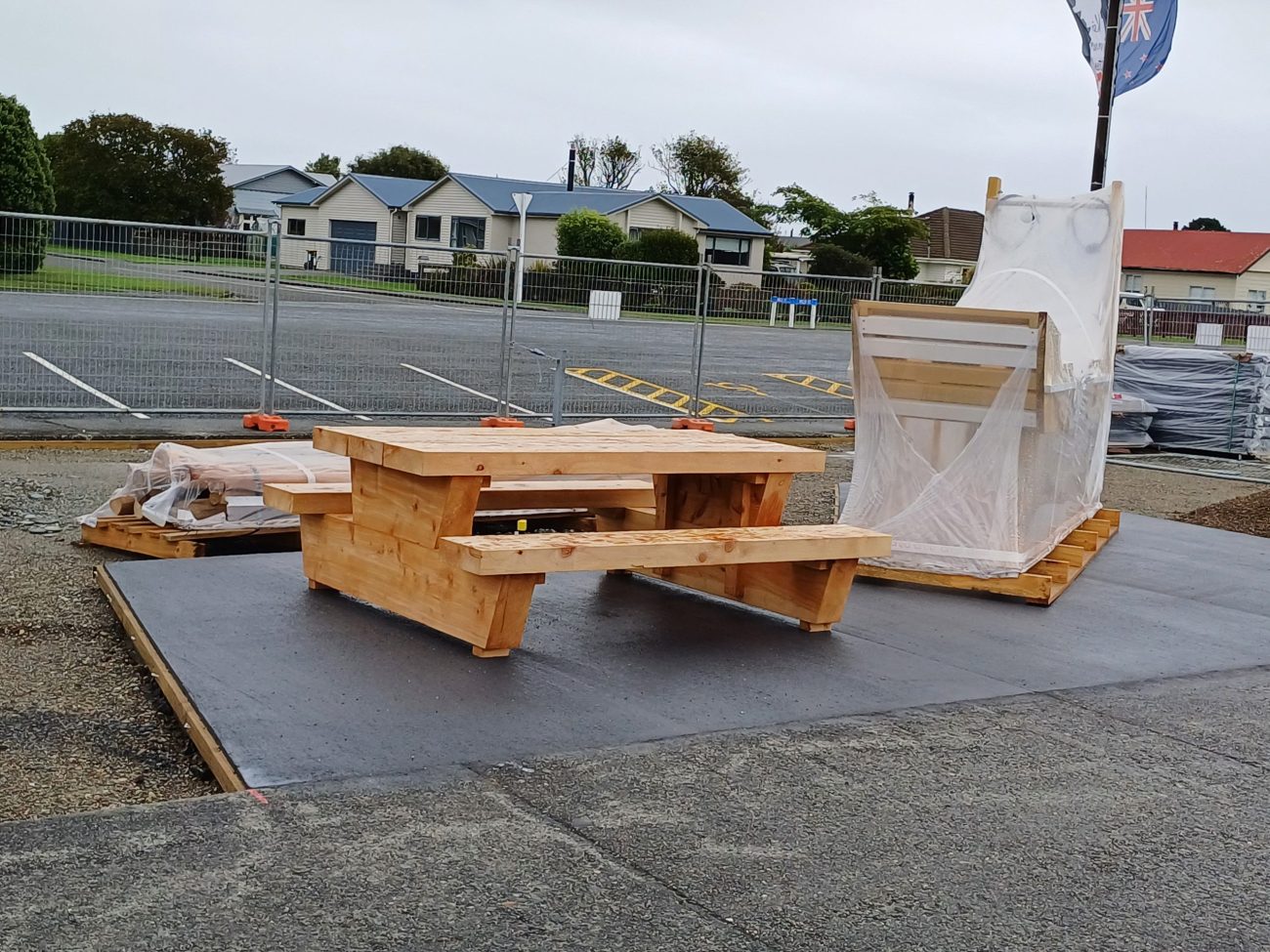
Westland District Elected Members were very pleased to host a citizenship ceremony before the March Council meeting for 11 new citizens. Each person swore an oath or affirmation and was presented with a native tree and block of Westgold Butter, kindly donated by Westland Milk Products, by Mayor Helen Lash and Deputy Mayor Ashley Cassin.
Pictured below are Alison, Joshua, Natasha and Trevin Jay, Mark Fusco, Samantha Gillard, Hannah Mackie, Suzanne O’Malley, Rajnikant Patel, Jessica Randall and Simon Ward, with their families and friends.
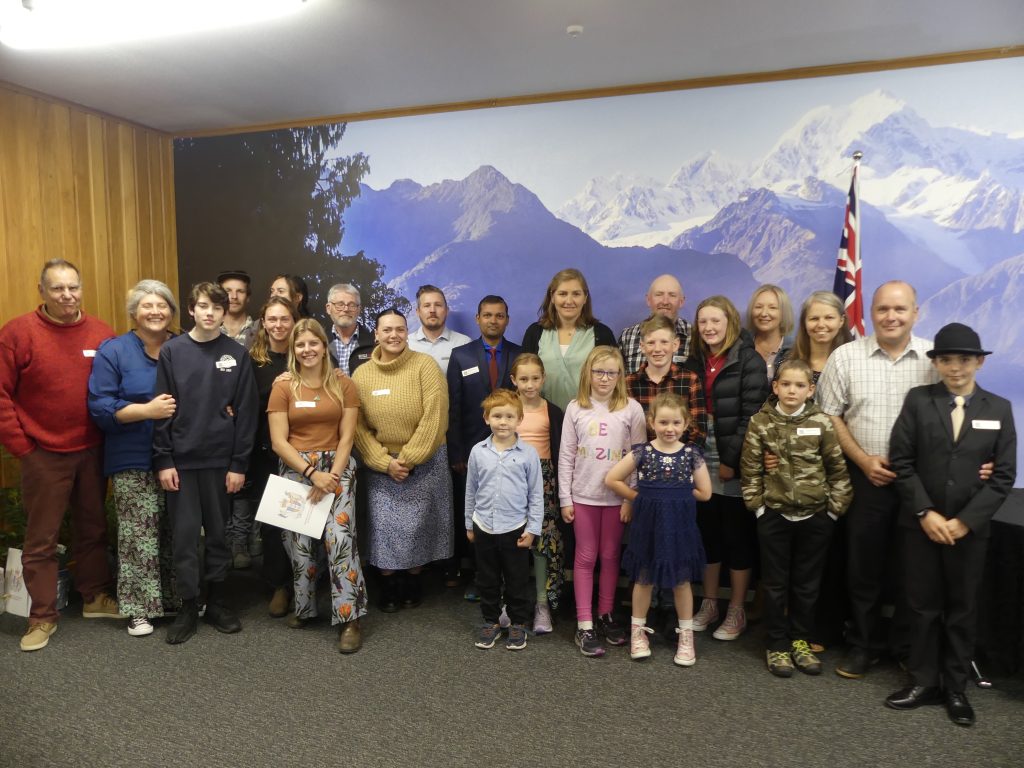

One of the decisions that the Council is considering for this year’s Annual Plan, is how many public toilets does Hokitika need? The Annual Plan proposes to close the toilets on Tancred Street, which are getting past their useful life and the toilet at the Grey Power building. The toilets in the Cass Square pavilion will only be available for special events, as these have been replaced with the toilets next to the playground. Council does not own the toilets at Lazar Park, and any decision to open these to the public is for the owner to make.
There are 60 Council-owned toilet pans across the district available for public use. Public toilets are rated under the general rate, as these are considered to benefit ratepayers throughout the entire district.
In the 2023/2024 year, ratepayers invested $615,284 in Public Toilets. By rationalising the number of toilets in the Hokitika area, the Council aims to reduce the investment required from ratepayers. This investment includes cleaning grants to some communities, electricity, building repairs and maintenance, caretaking and cleaning costs (including consumables such as toilet paper) and depreciation.
Costs for the provision of public toilets over the past five years are shown below*. Between 2019/2020 and 2023/2023 the cost of public toilets has grown by 45%, but the number of pans has only increased by six! The cost per pan has increased from $7,041 in 2019/2020 to a budgeted $10,255 in the 2023/2024 year (this cost may change based on actual figures as at 30 June).
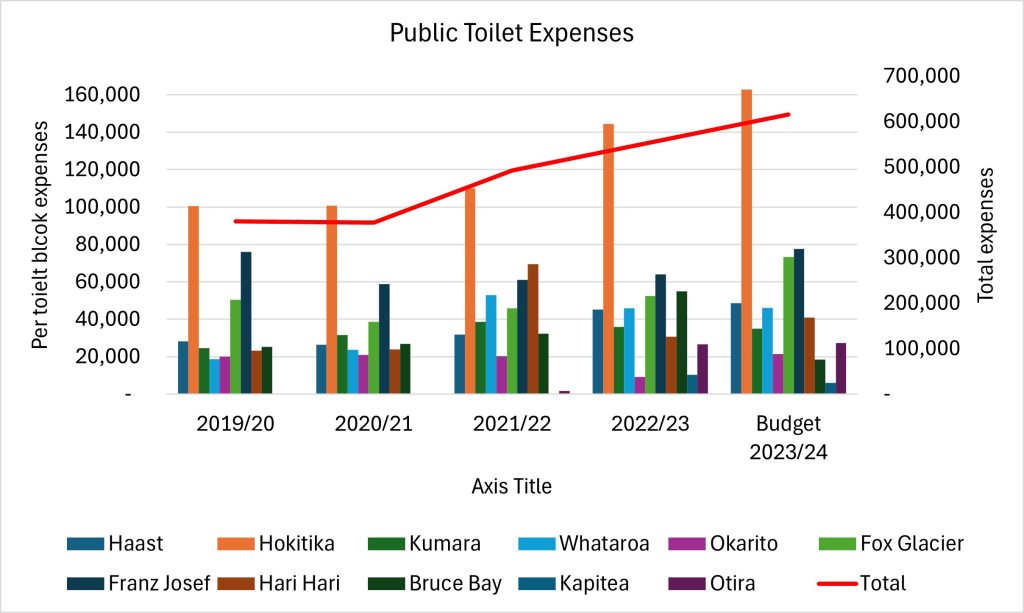
*Public toilets in the Pakiwaitara building and the library are available for public use and also incur cleaning and maintenance costs but these are not included in the above data.
Ratepayers have asked us to find ways to reduce the cost of their rates. Reducing the number of toilets that need to be cleaned and maintained in Hokitika township is one of the ways we can do this.
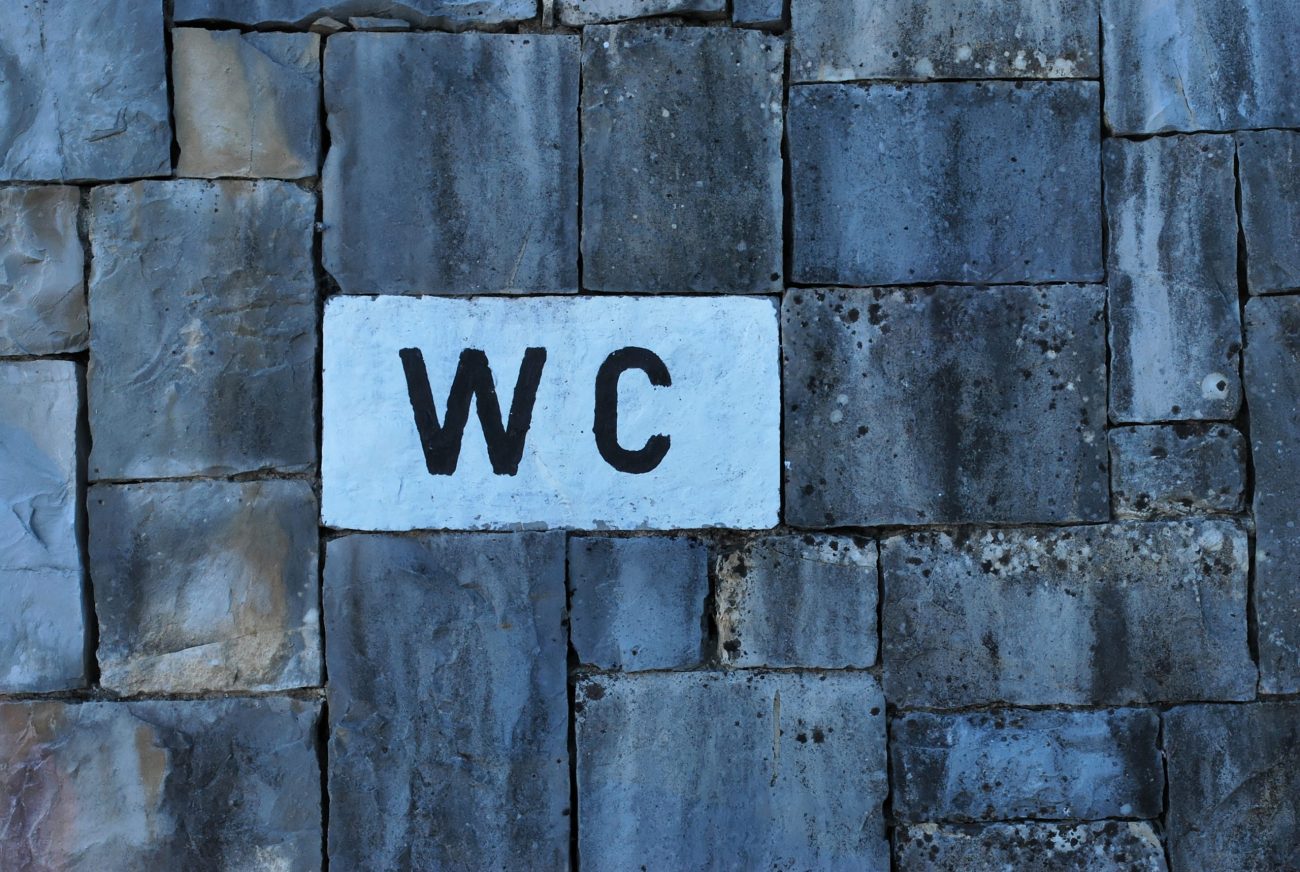
Have you ever wondered what the quantities of waste and recycling are in our district and what charges are applied by the central government?
Each year on average Westland produces between 3200 and 3700 metric tons of bulk waste. This figure includes recycled material as it is recorded in general waste until it is extracted.
That’s about a ton for each person but the district probably produces even more as the figure doesn’t include farm or rural waste that gets buried in the “Ole Hole out back”!
These figures are collated and captured monthly from our two current landfills – Butlers in Hokitika and the small site in Haast. Each month the waste quantity data must be entered into the Ministry for the Environment (MfE) online waste levy system or portal (OWLs). At this time the amount of recycled material is also collated and the information is used to calculate the government charges and levies imposed on the remaining amount that actually enters the landfill.
Sounds complicated? Before dozing off… here is a practical (averaged at 3500 Tons) breakdown to give perspective –
If 3500 tons is collected or dropped at transfer stations, the usual percentage of recycled material is 18% or 630 tons.
2870 tons of waste remain. So….
2870 tons converted to CO2 for carbon credit calculation multiplied by 1.023 = 2936 tons carbon.
Yes, Westland does get some return from the MfE levy fund for recycling & educational purposes, but the average cost of these two items still remains at $341,530.00 for this year!
That’s if carbon prices don’t rise.
Remember, this has nothing to do with the operational funding required for waste & recycling collection, operation of the transfer stations, cartage of material to landfill, operation of the landfill and resource consent compliance costs for having an operational landfill.
Thank goodness Westland Recyclers are among some of the best in the country. Our current rejection rate is between 6% – 10%.
Any contaminated & rejected recycling goes straight to landfill and is added on the top of the calculated tonnage.
Remember to recycle wherever possible, follow the guidelines to prevent contamination and help to lower future rates costs.
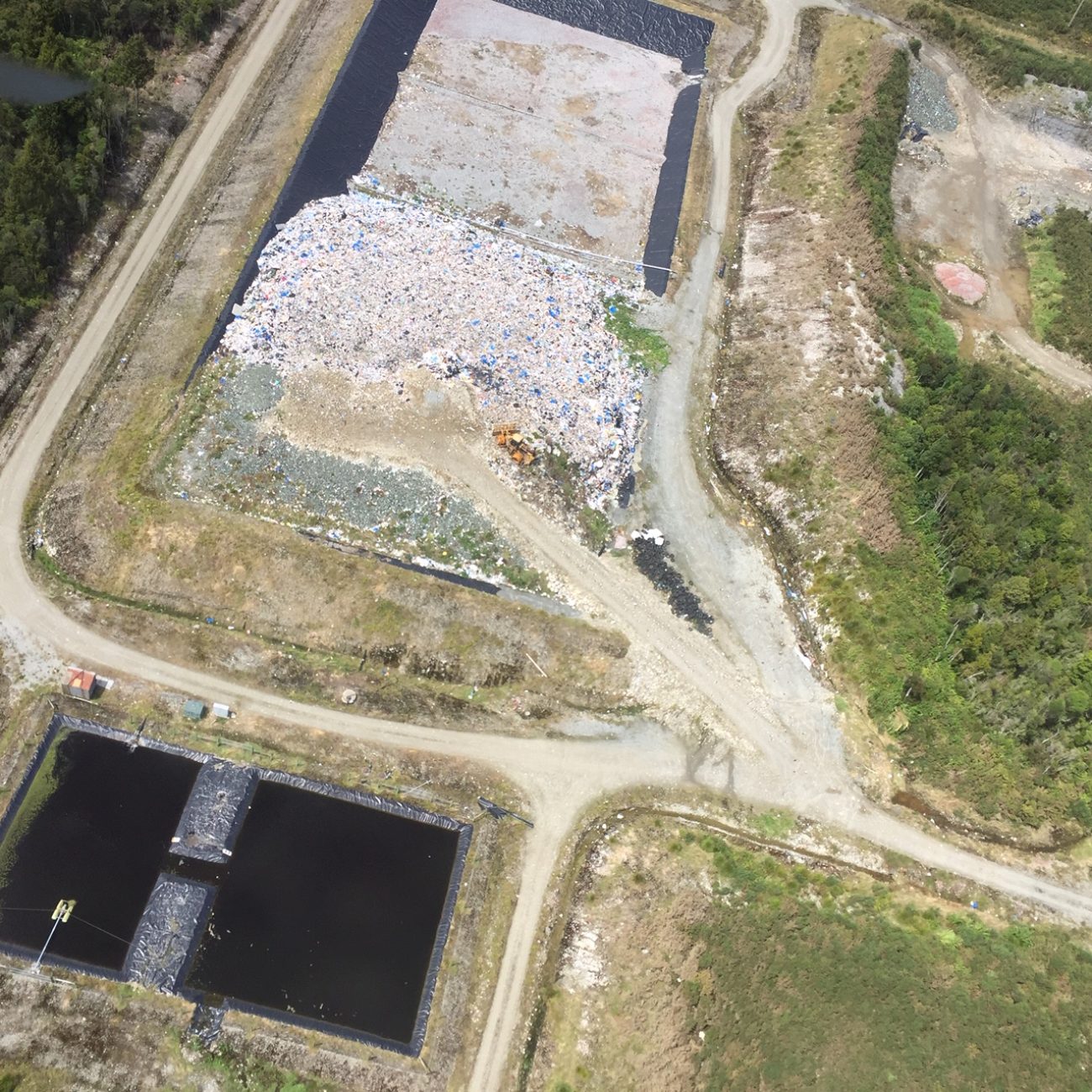
The Ice Skate Tour was approached by the Franz Josef School about one and a half years ago to bring their event to the Franz Josef Community. The Franz Josef Community Council came on board to assist with the administration and logistics of this substantial event.
The Ice rink was set up in the Franz Josef Community Centre, which was festively decorated by enthusiastic volunteers for this event.
Due to our amazing sponsors who fully funded this event all proceeds from the ticket sales were donated to the FJ Glacier School! Our thanks go out to the Department of Internal Affairs, SWAS South Westland Area School, Te Whatu Ora, Grey Valley Couriers, FJ Scenic Hotel, SERF South Westland Emergency Response Fund and the WCCT West Coast Community Trust for their generous sponsorship.
A local group of volunteers ran the kitchen and proceeds from that are put towards the upkeep and maintenance of the St James Church in Franz Josef.
A total of 603 people visited the ice skate rink, this includes all kids these schools who came over for (multiple) FREE ice skate lessons: Ross, HariHari, Whataroa, Franz Josef and Fox; 40 people battled it out over the first ever FJ Waiho Curling Cup one evening; and adults and kids who attended two disco night ice skate sessions.
Text and images – Franz Josef CDO
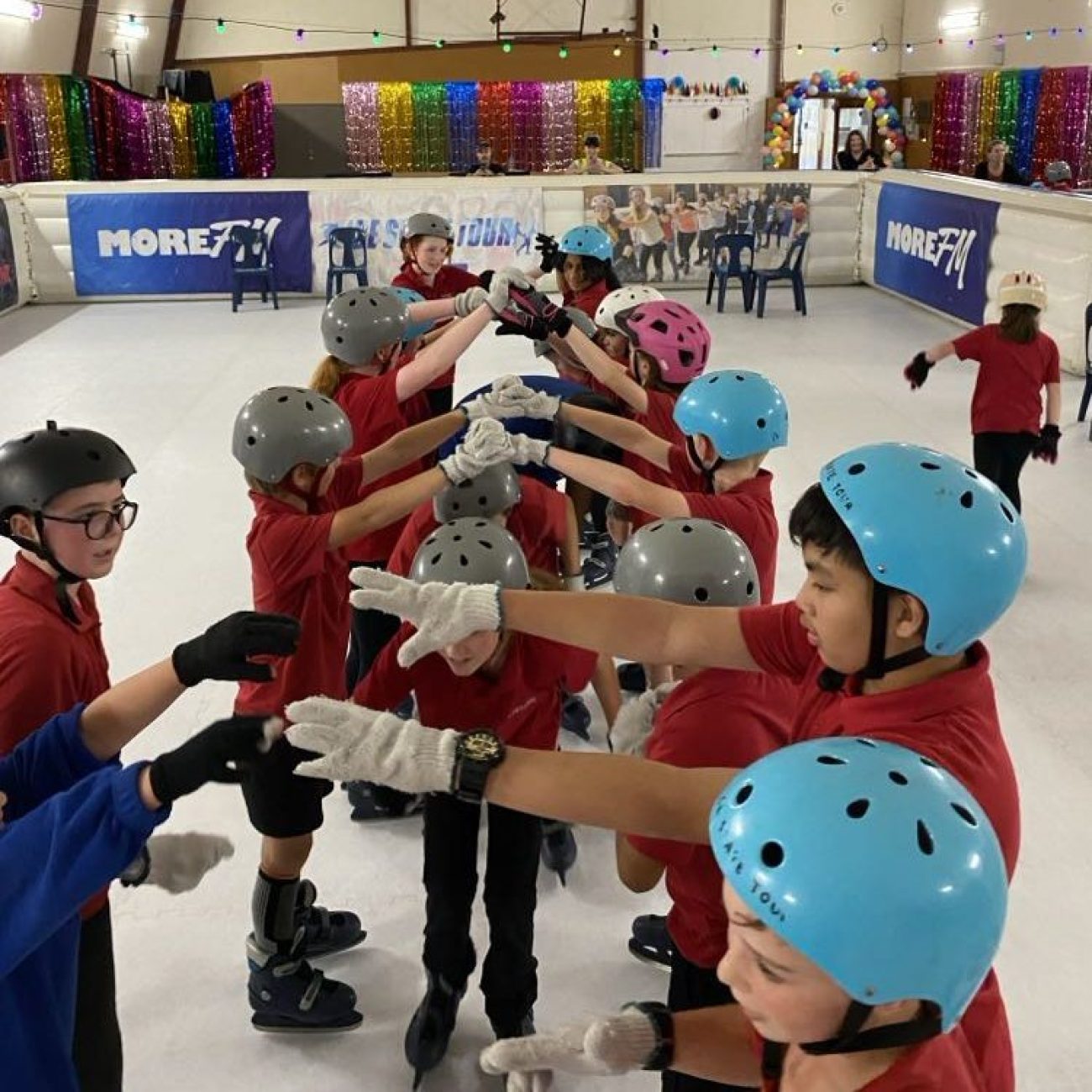
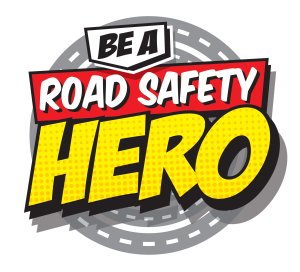 Road Safety Week 2024 is on from 20 – 26 May and nominations are open for the 2024 Road Safety Hero Award.
Road Safety Week 2024 is on from 20 – 26 May and nominations are open for the 2024 Road Safety Hero Award.
In 2022, the Yellow Ribbon Road Safety Alliance launched the Road Safety Hero Award. The award recognises and celebrates an individual for their contribution to road safety in Aotearoa. The winner of the award is announced during Road Safety Week each year.
Do you know a Road Safety Hero? Someone who is passionate about road safety and has gone above and beyond to make a difference. Then we want to celebrate their work during Road Safety Week. If you know someone who deserves recognition, we would love to hear from you.
Visit the Road Safety Week website to nominate your road safety hero.
The Privacy Commissioner is asking New Zealanders to have their say about new draft rules that would outline how biometrics can be used. Biometrics are physical and behavioural characteristics (face scans, fingerprint scans, voice recordings) that can be used to identify individuals or work out things about them using technology like facial recognition.
New Zealand doesn’t have specific rules for biometrics. We’re proposing that we create some, in a code of practice under the Privacy Act 2020.
Visit the Privacy Commissioner’s website to find out more and make a submission.

The library is moving Full STEAM Ahead into the school holidays this month.
| Thursday 18th April | 2.30pm | Put your creativity and engineering skills to the test? Come along and be part of our Lego-bot and Lego-maze building challenge. |
| Tuesday 23rd April | 10.30am | Get ready to put your teamwork, and engineering skills to the test with our fun Straw Building Team Challenge! Novices, seasoned engineers and everyone in between is welcome, bring the whole whānau along to join in the fun as two teams compete to create original buildings using giant straws and connectors. |
| Wednesday 24th April | 2.30pm | Put your driving skills to the test. Our Sphero Robots are back and ready to roll, come and drive them around a brand-new obstacle course! |
No registrations required, children under 8 years must be accompanied by a parent or guardian.

We all want our homes to be as warm and dry as possible during the winter and to reduce the cost of long-term maintenance. Here are some tips to help you prepare for the winter months.
This is where some simple home maintenance can help – prepare your property for high winds and heavy rain by:
Visit Get Ready to understand what to do before, during and after a storm event.
Before you spend any money on warming up your house for winter take the time to assess your home and identify where you are losing heat. This will help you plan the best way to keep it warm.
Check out the Ultimate Home Maintenance checklist for ideas to prepare your home for winter.
There are many ways to keep your house warm, some will cost more than others.
Visit Warmer Kiwi homes to see if you are eligible for financial assistance to install insulation or a heating system.
